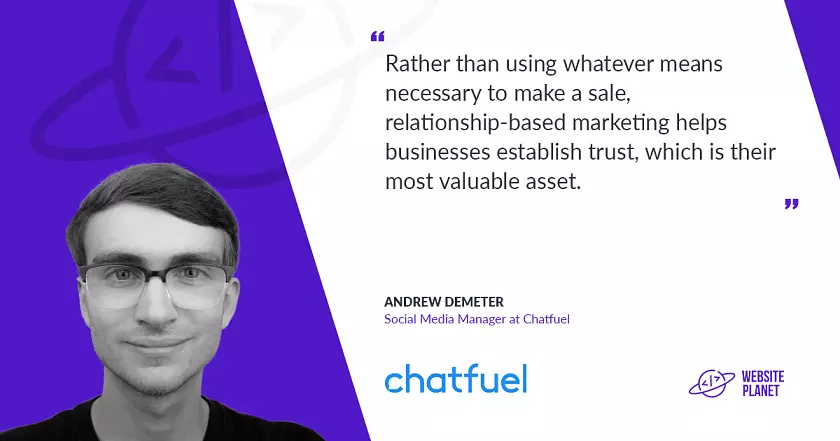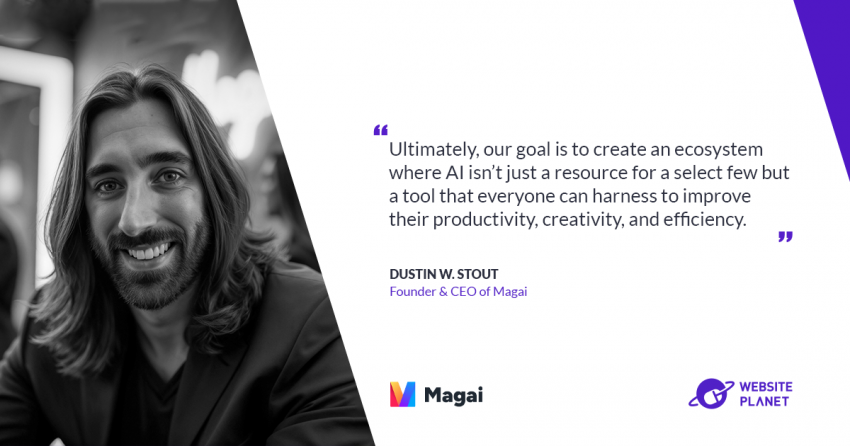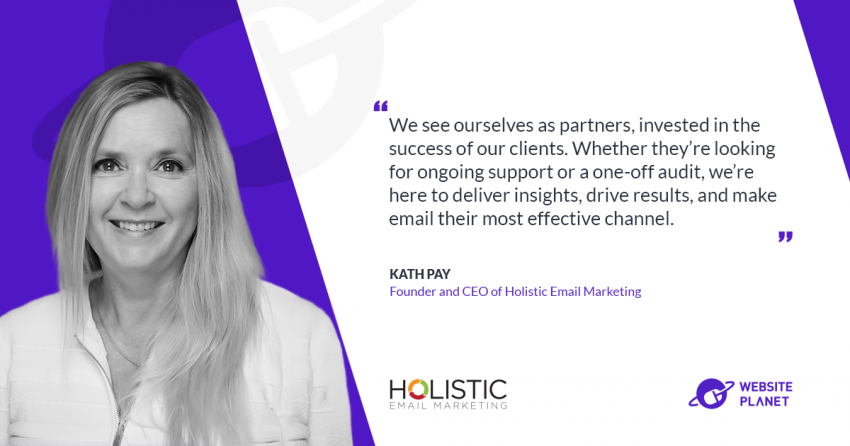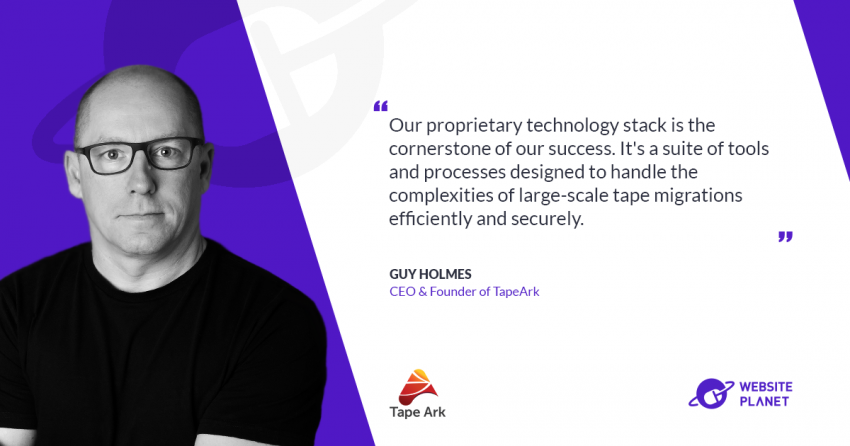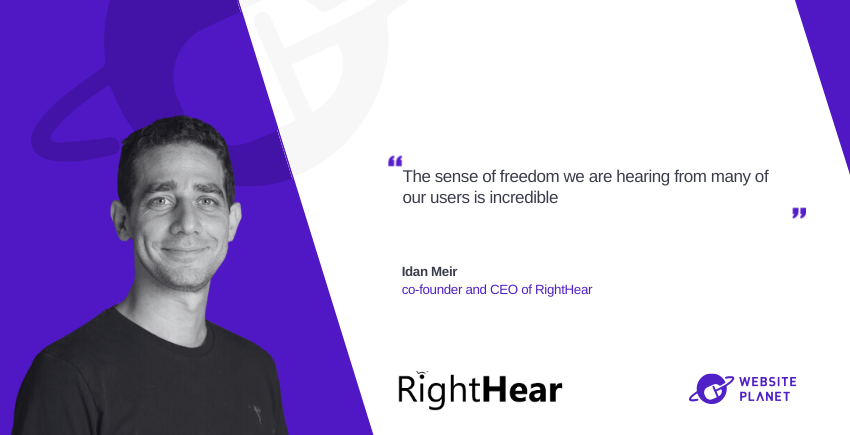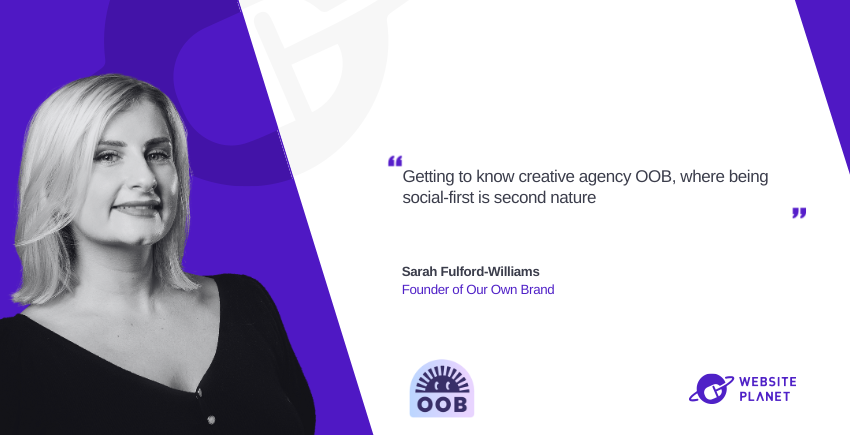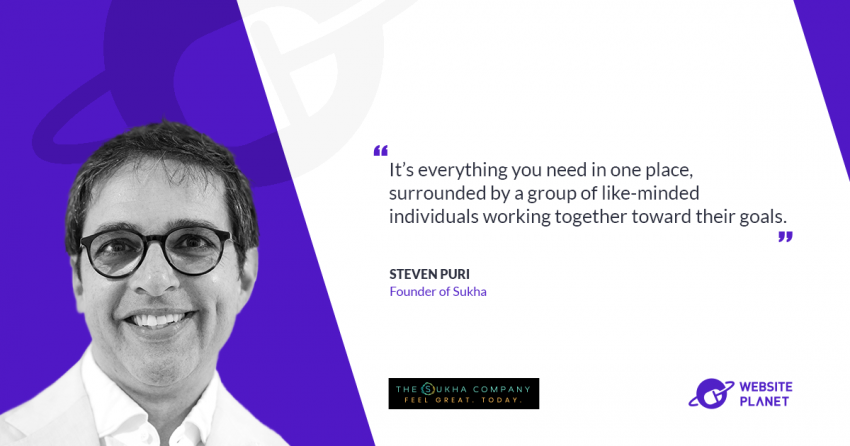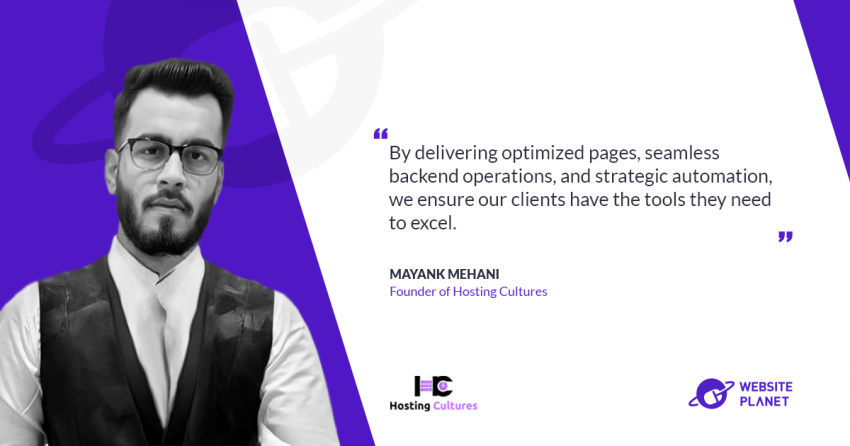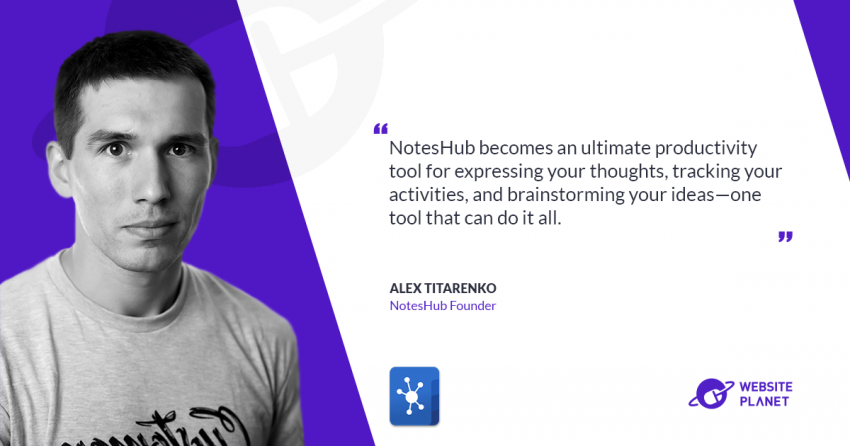What are the core values behind Chatfuel?
All successful businesses are built on the basis of trust. In the modern era of digital marketing, advertising alone isn’t enough. You can’t get away with hawking some garbage product or service, because customers are savvy. They look up reviews; They talk to friends. Technology has made it easier and easier to shut down bad actors. So our goal is not only to empower business owners with the marketing tools they need, but also to help them forge meaningful relationships with their customers. Relationship-based marketing is at the core of century-old brands like Coca-Cola. Rather than using whatever means necessary to make a sale (no matter how unethical), relationship-based marketing helps businesses establish trust, which is their most valuable asset. Among other benefits, trust increases customers’ brand loyalty and multiplies their lifetime value. Since being founded, Chatfuel has dramatically evolved. Chatfuel first launched on Telegram, allowing users to design their own chat experiences by conversing with a bot. It was kind of like Inception. In 2016, we partnered withFacebook to become one of the first DIY Messenger platforms on the market. User adoption exploded. Since then, we’ve deprecated our Telegram product and are prioritizing Messenger. We still believe Messenger is undervalued because the opportunity for businesses to benefit from automating their Facebook inbox is unparalleled to any other channel on the market today.
How can a small online retailer generate sales with Chatfuel, and what measures would be required to succeed?
The term “chatbot” sounds intimidating to most small business owners, but it really doesn’t have to be that way. More importantly, business owners shouldn’t care about chatbots; they should care about tangible results. Marketing agencies always ask me: “How should I sell my client on a chatbot?” And I tell them, “Don’t sell the bot, sell the solution. Show them how you’ll make them money, save them money, or save them time.” Let’s take a cosmetic startup in Taiwan, for example. They sell face masks that improve your skin’s glow by extracting dirt and grease from your face. This small business can create a Messenger experience that recommends a face mask to theuser based on their preferences. If their skin is dry, for example, the virtual assistant will immediately suggest a moisturizing face mask. The bot greets the user by name, captures their email with a click, and processes the order without leaving Messenger. This level of personalization, engagement, and frictionless user experience is simply not seen in the conventional web-based customer journey. The importance of this automation is that it achieves personalization and relationship-based marketing at scale. Bots don’t need sleep, meaning it can answer an impulse buyer’s question immediately and prevent them from purchasing from your competitor instead. The cosmetic startup (Beauty Player) mentioned earlier did exactly that. Today the brand generates more than $250,000 per month in sales from Chatfuel.
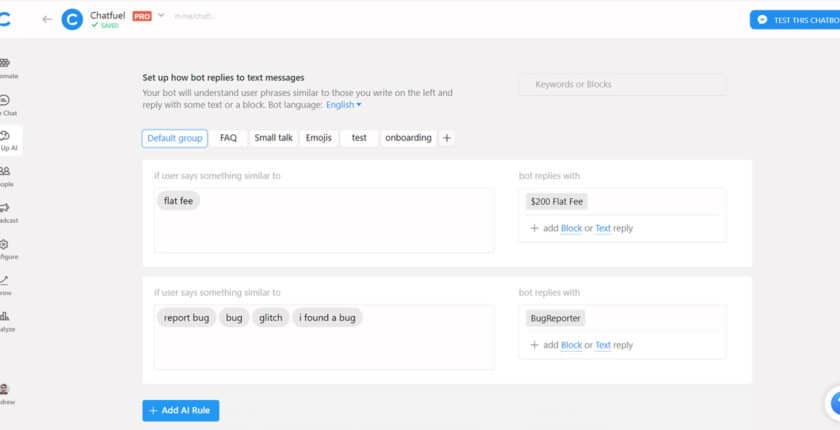
How have the recent changes in Facebook policy affected the way people work with the platform?
The Cambridge Analytica situation impacted both users and app developers. Our customers couldn’t launch new bot campaigns for multiple weeks as Facebook reviewed its security infrastructure. When they finally reopened the Messenger API, we celebrated with a dance video! As app developers, the policy changes have mostly affected us more than our customers. Now Facebook is more protective of user information than ever before. Facebook carefully vets all their partners to ensure that access to any user information is legitimate.Chatfuel’s website indicates a drastic rise in open and click-through rates when using messenger as opposed to
email. How do you explain that?
Chatbots are certainly powerful, but email isn’t dead either. Chatfuel should be one of many tools in your marketing toolkit. We’re big proponents of using data and A/B testing to inform the business decisions you make. If you’re trying to sell kids a cereal branded with their favorite superhero, you’re better off running TV ads during Sunday cartoons. Chatbots can supercharge your sales and marketing efforts, but they are not the best answer for every vertical.
Messenger tends to outperform the open and clickthrough rates of email for two reasons. First, Messenger as a marketing channel is uncharted territory. Facebook users’ inboxes – unlike email users’ inboxes – are not yet saturated with promotional messages. As a result, people receiving them are not desensitized and pay greater attention. Over time, this will change. Our Messenger inboxes will become stuffed with content that may no longer be relevant to us. Again, this is why relationship-based marketing is key. Crafting messages of value (rather than promotion) will help you cut through the noise of every other marketer.
Secondly, Messenger surpasses email in terms of its conversational nature. In Messenger, we employ brief phrases and succinct sentences instead of composing lengthy paragraphs and extensive written content. To put it simply, the Messenger platform is designed to accommodate people’s comparatively shorter attention spans. Each word holds significance.
People will always prefer to talk to humans. How do you overcome that?
I don’t agree with this premise. It’s not that people necessarily prefer to talk to humans; it’s that we psychologically associate talking to a human with higher quality, more personalized service. If I told you that your customer support complaint about a damaged product could be resolved in 30 seconds using a bot, versus 30 minutes just waiting to speak with a 1-800 representative, would you still prefer talking to a human? Customers care about getting their problem solved in a timely manner; they don’t care about the means a company uses to make that happen. Still, bots and humans can peacefully coexist. Leeds Beckett University is a college in England that uses Chatfuel to automate a component of their admissions process. Before using a bot, the university asked student applicants a series of standardized questions over the phone. The cost was high, and the logistics were messy. It was an inefficient use of the university’s human resources. Now, Leeds Beckett has the bot do all the legwork of qualifying applicants. Only those people who qualify make it through to the admissions team, who finalizes the paperwork. Conversion rates nearly doubled, and the university generated more than $3 million in new enrollments from the one-day Chatfuel campaign it ran. Now that’s working smart!How do you see the future of social media marketing five years from now?
It’s hard to say. Unfortunately, I don’t have a crystal ball. But automation is what excites me most, which is why I work at Chatfuel. I think about Amazon’s Alexa, Tesla’s self-driving cars. The concept of saving time, without sacrificing quality,fascinates me because it unlocks our human potential. Delegating mundane tasks to something else empowers us to spend our limited time in more meaningful ways. Cooking a meal with our kids because we saved time using Instacart, for example, instead of shopping for groceries.
This isn’t a groundbreaking prediction, but I believe data-based social media marketing will become even more prominent in the future. Home automation and wearable technologies may bring this vision closer to reality. This data, used responsibly, will enhance relationship-based marketing to new heights. Knowing what your customers want – and why they want it – is one of the keys to long-term success with social media marketing.
